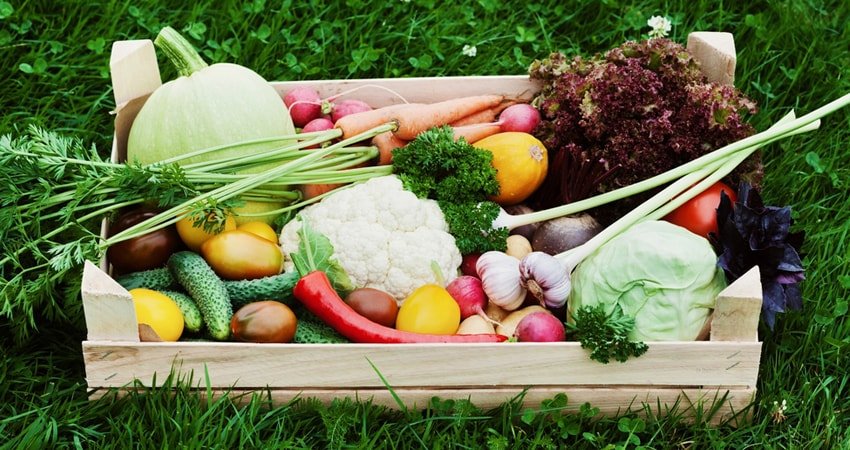With the first meal in the morning, you already ensure on average about 20-30% of your daily calorie intake. Therefore, skipping it could lead to drowsiness, difficulty concentrating and hypoglycemia.
But how to become aware of the importance of eating in the morning and how to manage it better, especially if you are not used to it?
In this article, we explain to you why it is so important to eat in the morning. Here are some tips and some practical examples to better manage this crucial first meal of the day.
- It is a fundamental meal for a healthy diet because it allows a correct distribution of caloric intake throughout the day. But there are other reasons as well.
- Many scientific studies have shown that it reduces the risk of obesity and cardiovascular disease.
- The digestive system is healthier too – just having a coffee can put you at risk of inflaming and irritating your digestive tract.
- It has been shown that this meal greatly increases the level of physical and intellectual performance of adults and children at school.
The Consequences of Skipping Breakfast
Skipping this meal puts you in a “semi-fasting” situation, from dinner the night before until lunch the next day. This way, the risk of trying to fill the feeling of “hole in the stomach” with the first snacks at hand becomes very high.
In fact, this first meal of the morning must provide the calories and nutrients needed for daytime activities. If this “supply” is lacking, the level of performance decreases and your body is forced to draw the energy and nutrients it needs from metabolic stress.
What is the Ideal Menu?
Breakfast should be rich in complex carbohydrates but also simple to some extent. Furthermore, it must be complete, that is, it must contain, in addition to carbohydrates, also proteins, mineral salts, fats and fibers.
Below, we list 3 examples of perfect breakfast ideas that would give you the necessary energy in-take of the morning:
- A cup of sugar-free latte with coffee, three rusks with a veil of honey or jam, an orange or a cup of freshly made juice.
- A white yogurt with fiber cereals and two kiwis.
- Milk with biscuits.
In all three examples, the presence of milk or its derivatives provides proteins and allows to modulate the sense of satiety and the glycemic index of the meal. While cereals and fruit provide you with the right amount of sugar, carbohydrates and fiber.
Even a dessert, such as a donut or a plum cake, can be an excellent alternative to a traditional breakfast, always accompanied by a fruit or juice and a cup of tea or coffee. Of course, if you are following a diet, this must be a greedy exception to be allowed 1-2 times a week (perhaps preparing it lightly).
Diet Breakfast: Sweet or Salty?
If you want to lose weight, this meal becomes even more important. In fact, not eating anything from evening to lunch the next day risks making you suffer too much during the day, leading you to break the diet with dangerous cheats. But there are no real “forbidden” foods, so go ahead even for salty foods.
Furthermore, it is also important not to be monothematic and to vary your breakfast: this allows you to allow yourself a little detour every now and then, for example by inserting a slice of cake (preferably in a light version). In fact, by satisfying the throat, you will be more motivated in your diet or healthy eating path.
If you’re in Seaford, Australia and don’t have time to make a breakfast, pop by Table 55. They proudly offer a taste of excellence and passion in each piece of their specialty, pizza, but also feature breakfast takeaway services.



